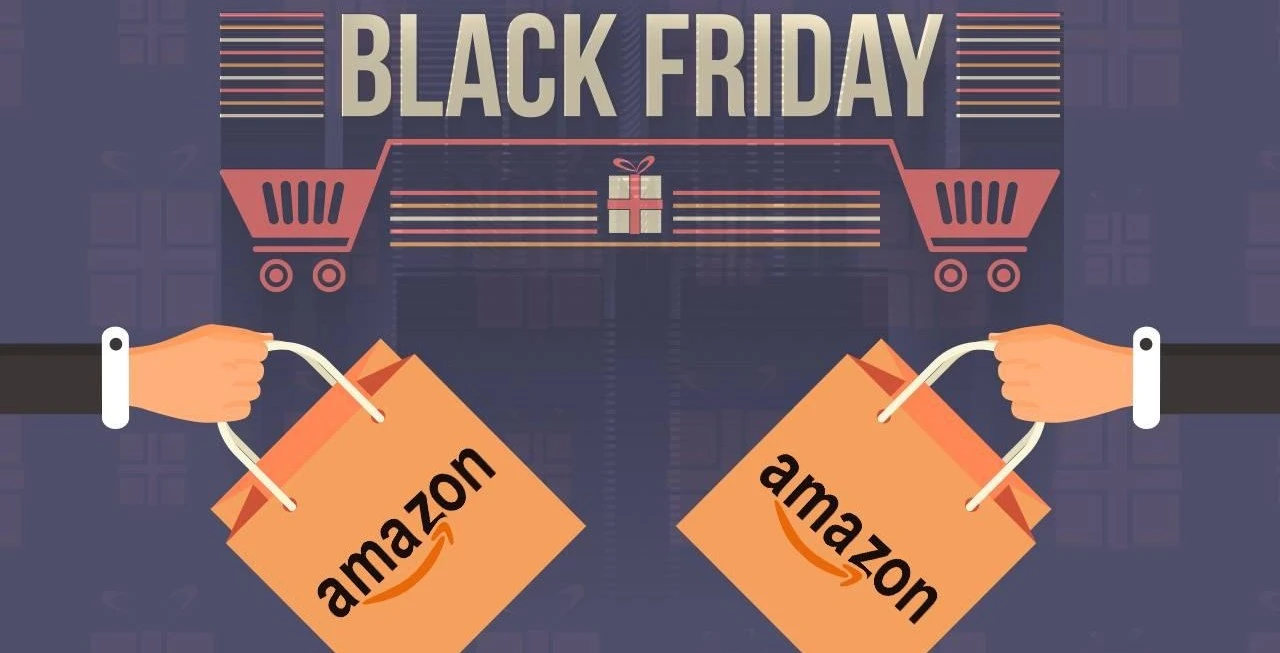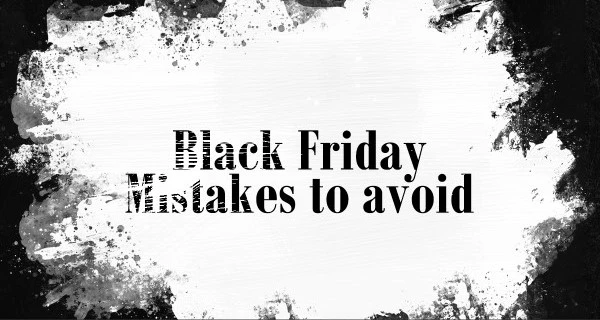Saving money is a great way to make sure you’re ready for anything that might come your way. If you want to be prepared and have the ability to handle any surprise expenses, it’s important to start saving now. Saving money can be hard at first, but once you get into a routine, it will seem effortless—and it will be rewarding! Here are some tips on how to save money even if you're broke:
Hold Yourself Accountable to Reach Your Goals
Saving money is an important skill that can help you thrive in today’s economy. If you’re trying to save for something specific, it’s important to track your progress and stay accountable. You can do this by creating a budget, writing down how much money you spend each month, and setting aside some of that money for savings.
Consistency is what separates people who save money from those who don’t. If you want to save for something specific, it’s important to develop a routine that allows you to set aside some of your income.
Check Your Insurance Policies
Next, it's important to check your insurance policies. You may be paying for things you don't need and not getting the most out of the things that do benefit from being insured. For example, if you have a car and live in an urban area, collision coverage might be useless for you. On the other hand, if you drive long distances over rough terrain or across the country often (and even if you don't) it could help save money on repairs down the road.
Checking these types of things can save a lot of money over time! Also, keep an eye out for discounts—if your company offers them make sure they are applied properly so that they lower your rates instead of raising them! Group life insurance vs individual life insurance is an important part of your financial planning, so be sure to speak with a licensed agent about how much coverage you should have.
Keep Track of Your Money

If you are serious about saving money, then you need to track your spending. I know it sounds like a lot of work and involves a lot of tedious number-crunching, but trust me—it's worth the effort! There are two ways to do this: by writing down all your purchases manually or using an app that can automatically track them for you. I recommend researching both options and seeing which one works best for your situation.
For example, if an app doesn't have features that fit into your budgeting plan (such as alerts when certain expenses are approaching), then consider using pen and paper instead. It's important not just because it helps keep track of where each dollar goes but also so that if something changes in your life—for example, if there is an unexpected expense—you'll be able to adjust accordingly without having any major hiccups along the way!
In addition, many people who use technology tend to go overboard with how much they spend on things like entertainment expenses because they don't realize how much cash has been going out until later on...but this shouldn't be happening anymore since now there will always be a record-keeping system in place so nothing gets lost along with all those other financial details we keep forgetting about."
Be Realistic about Your Savings Goals
When it comes to saving money, you need to be realistic about your goals. You need a workable plan and not just something that sounds good on paper. A good rule of thumb is this: if you can't follow through with the steps in your savings plan, then it's probably not going to work for you. The best plans are those that adapt when things don't go as planned—like when an unexpected bill pops up or a friend asks for help paying their rent this month.
The first step is to identify a short-term goal. Something you can achieve in six months or less and that will make your life easier. Maybe it’s a vacation or buying a new laptop. Whatever it is, think about how much money you need to save up for this type of thing, and then commit to saving as much as possible to reach that goal by the end of the month. Do this twice a month (or every other week) until your savings goal has been reached!
Saving Money isn't as Hard as You Think and Might be Easier than You Think
Saving money is hard. It's a lot easier to spend it than to save it, but you can do it if you're committed to the idea of saving money. If people ask what the secret is, there isn't one—it's just about making small changes in your spending habits and learning how to cut back on your spending. Making these changes will help you save more money over time as they become part of your routine.
Taking Baby Steps can Help You Get Started
It's important to start with small amounts. If you're just starting, it doesn't matter how much money you have in your savings account; the most important thing is to get started saving and be consistent about it. This way, if something comes up or life gets busy for any reason, then at least you will have saved something for yourself each month—no matter how small the amount may be right now.
Set realistic goals that are attainable and work toward them over time rather than worrying about how big or small they are right now because they’re not important yet! You'll never get anywhere if all your focus is on what could happen in the future or why things aren’t going as planned right now because what matters most is getting started today—and then sticking with it!
Consider Doing a “Save Now, Pay Later” Method that Works for You
You can also use this method to save money on groceries or another big purchase. For example, you could pay for your groceries in advance and then not get them until the last week of the month. This way, you’re still saving money because you don't have to spend it all at once, but also ensuring that there's enough left over at the end of the month to cover your bill (and other necessities).
If paying cash is too much of a hassle for whatever reason—you might not want others knowing how much money you have or don't have—then consider setting up automatic payments through banking apps or websites like Venmo so that any savings go directly into one account rather than having to carry around cash every time someone asks if they can borrow some change.
Conclusion
Being consistent in your savings is the key to success. The more you save, the better off you’ll be when an emergency strikes. Establishing a habit of saving will make it easier for you to keep up with your goals over time. Remember that small steps can go a long way toward helping bring about big results!










.jpg)









![When Will Walmart Release Black Friday Ad? [ULTIMATE Guide]](https://www.mysavinghub.com/assets/images/blog/798_large_When-Will-Walmart-Release-Black-Friday-Ad-ULTIMATE-Guide.webp)




